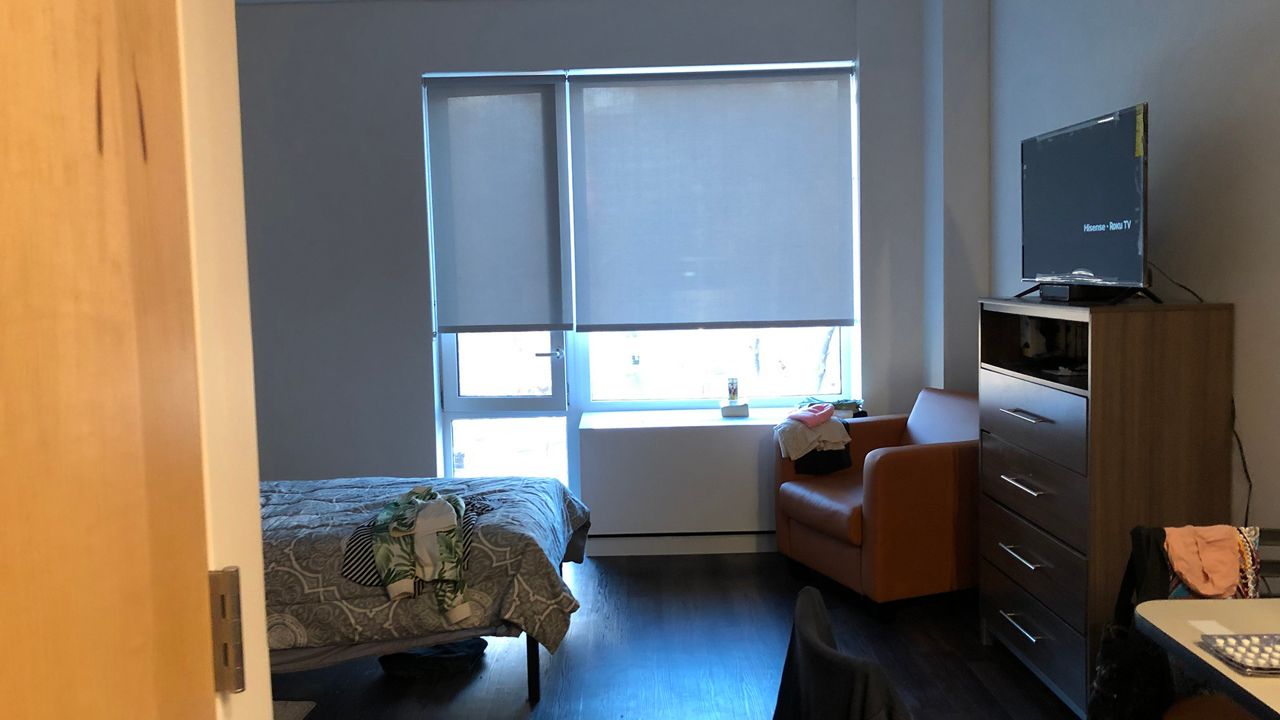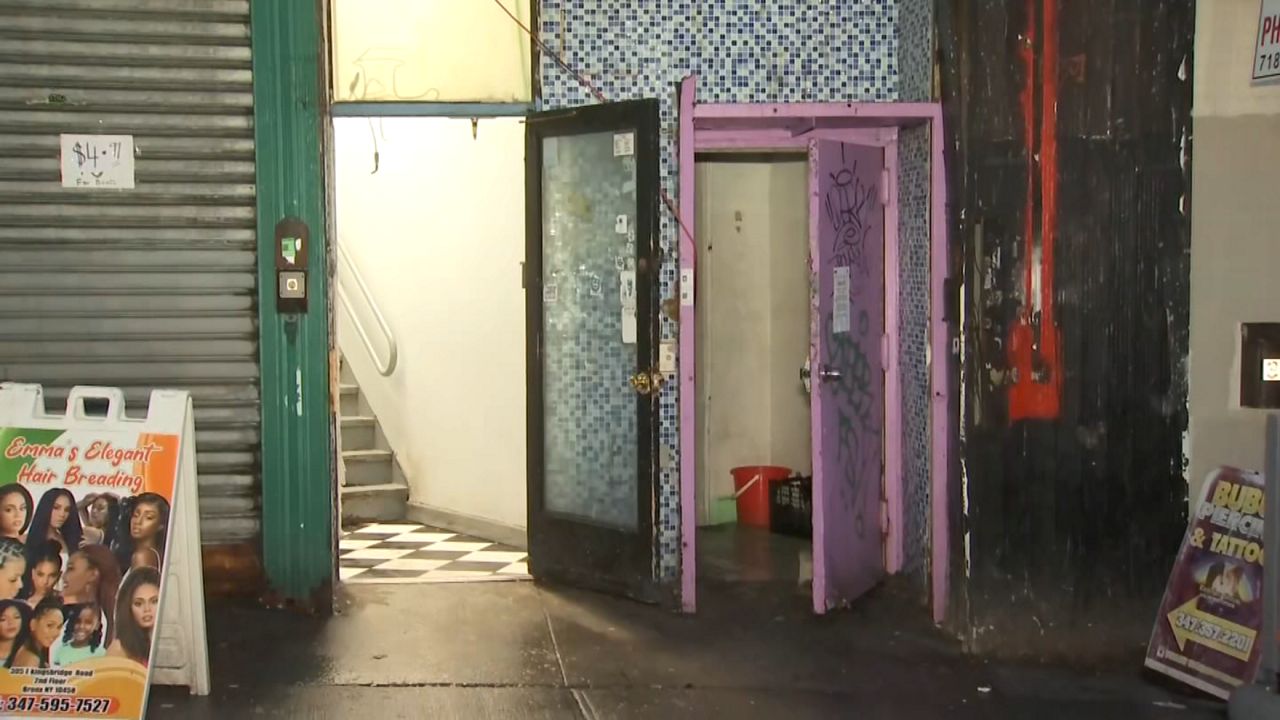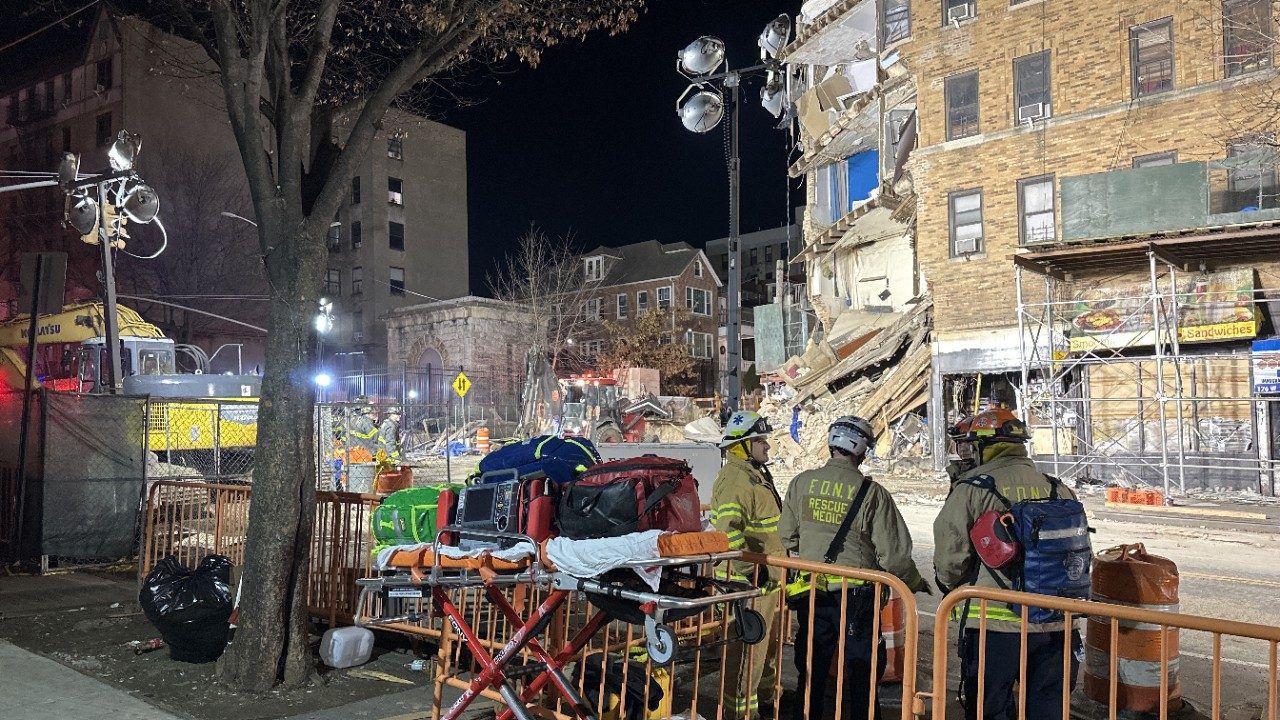Triniece Fogler has lived in a studio apartment in the Bronx for nearly three months. The 49-year-old takes nothing for granted because she was living on benches in Harlem's St. Nicholas Park for two years.
"Really cold. No socks. Wet," Fogler said describing the conditions.
"Scary," she added "because you never know what somebody might take from you. They might take your wallet, your money. You might not wake up."
This is a woman whose history is complicated and commendable. She graduated from high school in Manhattan and enlisted in the Army. She spent nearly a decade serving the country, but when she got out, she was struggling with an internal battle: voices in her head - at that point undiagnosed schizophrenia - and, eventually, a drug addiction.
"I almost gave up, and then when I was about to give up, they came through for me," she said.
Fogler said strangers helped her, taking her to a nearby church, which got her into the city's shelter system. Eventually, she qualified for supportive housing and was placed at 3500 Park, which has 69 supportive housing studios. That means counseling and even guidance on how to live inside again and alone.
"You're not alone," she said of 3500 Park. "You're not just sitting in here in your apartment taking your medication and paying your rent and no one's talking to you, you know. Somebody's talking to you every day to make sure you're taking your medication."
“It is the primary way, particularly for people with special needs, especially mental illness, that we are able to move people out of shelters and into housing,” said Susan Wiviott, the CEO of The Bridge, a not-for-profit organization that developed and runs 3500 Park.
It did so with the help of state money. In 2016, Governor Andrew Cuomo put up nearly $1 billion for 6,000 supportive housing units over five years. That money has been allocated. Now, he's just proposed another $250 million in next year's budget for about 1,300 units. He is on track for his plan to build a total of 20,000 units over 15 years.
“20,000 is not a drop in the bucket," Wiviott said. "In a city like New York, the need is always gonna outpace what we’re going to provide."
Research shows for every person like Triniece Fogler, there are at least four others with similar needs waiting.
"My family doesn’t worry about me anymore," Fogler said. "All I got to do is wake up every day, and my day is planned."
It’s a work in progress, inside with a view of where she was. She hopes the support and her faith help her stay off drugs and on her meds, building a new life.



_CC_PKG_Bx_Housing_Discrimination_Settlement_130781009_1039)
)

